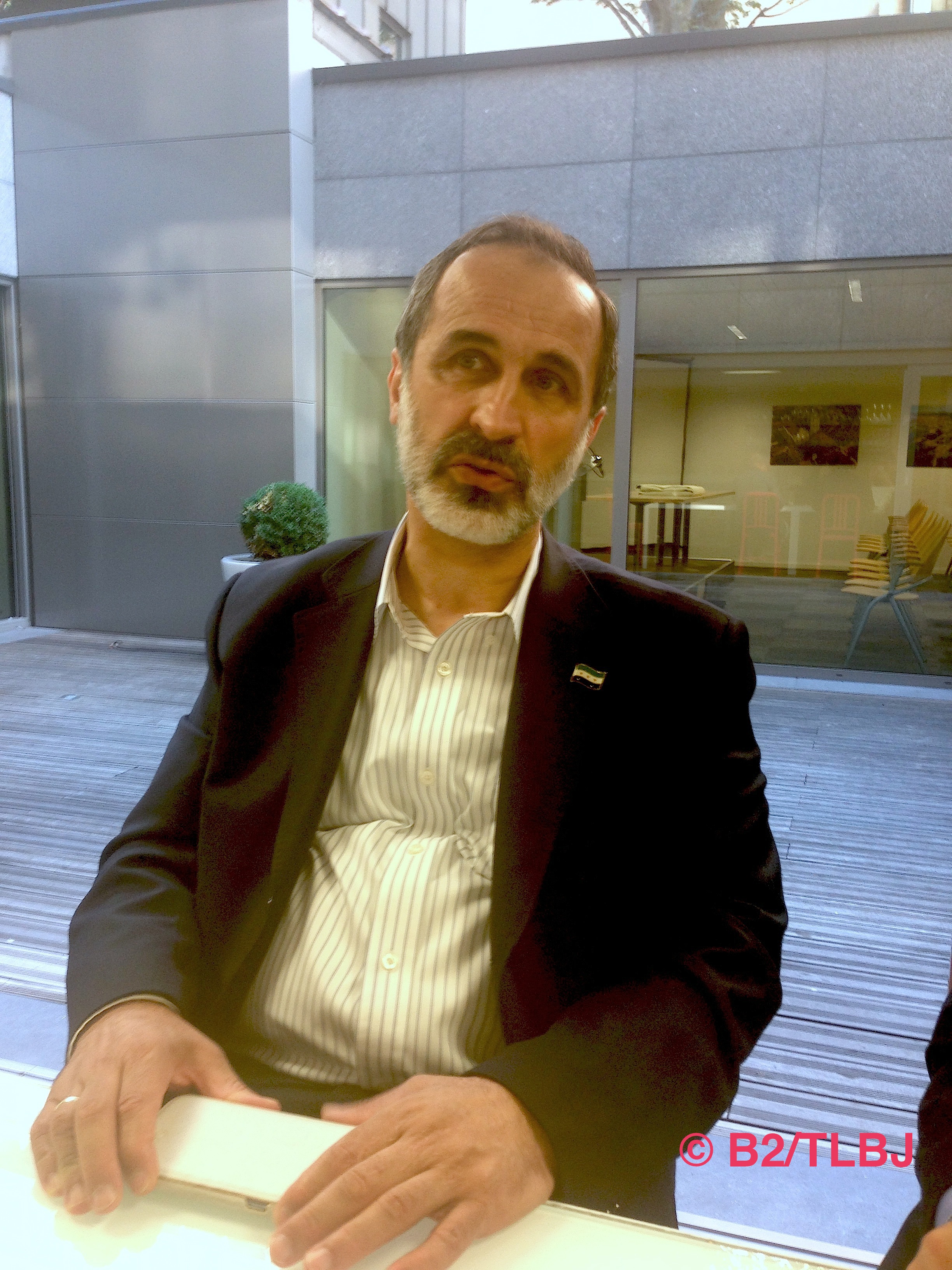Working time / interim: a step forward, a step back?
(B2) The 27 European Ministers of Labor are trying, this Monday in Luxembourg (*), to reach an agreement on two controversial subjects: the organization of working time and "temporary work" according to a draft compromise worked out by the European Commission and proposed by the presidency (the text of the compromise, here: work time, Acting)
On working time: we are going backwards. The proposal – debated for six years – modifies a 1993 directive on two points. 1° It creates “inactive working time”. The hours of care that are widely used in hospitals, retirement homes or security companies, etc. would no longer be counted as working time. Unless a law or the social partners at national level decide otherwise. 2° The employee's agreement to work beyond the maximum work limit will be more regulated. This individual “opt-out”, widely used in the United Kingdom, allows up to 78 hours per week (with an average of 60 or 65 hours over three months)
On the interim: we are moving forward. So far there is no legislation at European level. This text establishes a principle of equality, already enshrined in law in France. A temporary worker has the same rights as the permanent worker he replaces, from day one. Advantage: it puts all Member States and all workers on an equal footing.
Why a package of two directives? These texts could be adopted separately. By grouping them together in this “legislative package”, the compromise is easier. Some States yield on the first text, others on the second.
The stake of battle ? The British have so far been opposed to tough interim legislation. As unions and bosses have just signed an agreement across the Channel anticipating the European directive, their opposition falls. On the other hand, on working time, the United Kingdom, allied with Germany and other States, are not determined to give in, faced with the "Social Lovers" camp, led by France and Spain, which intends to limit derogations to working hours…
Eh yes. It's a paradox! In Brussels, European “Xavier Bertrand” is more “social” than in Paris…
(NGV)
(*) the Council - which brings together the representatives of the Member States normally meets in Brussels but it holds its sessions (historical tradition) in Luxembourg in April, June and
October.
